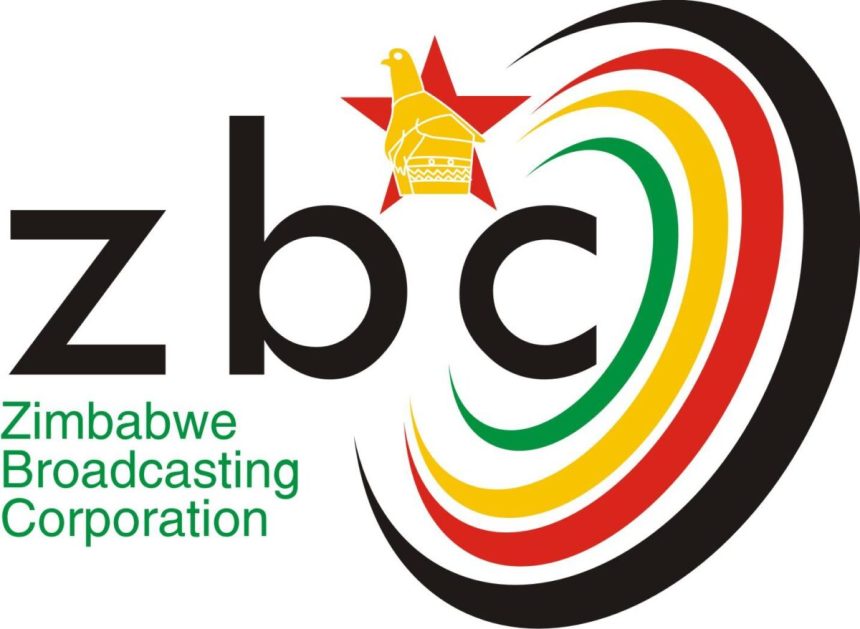The Broadcasting Authority of Zimbabwe (BAZ) has reiterated its ban on radio and television advertisements for prophets, traditional healers, and unverified traditional medicines.
This decision revives a previous ban from 2018, which many broadcasters had largely disregarded.
In a recent statement, BAZ Chief Executive Officer, Engineer Tendai Kapumha, reminded media outlets about the ongoing prohibition and urged them to stop airing ads that might mislead the public.
The ban specifically applies to advertising content from churches, traditional healers, and traditional medicines that have not been scientifically validated.
“This letter serves to remind you of the Authority’s directive to all broadcasters to stop the broadcasting of advertising content from churches and traditional healers and of traditional herbs and medicines which cannot be authenticated, since they tend to mislead the public,” Kapumha’s statement read.
The directive is based on Zimbabwe’s broadcasting regulations. Kapumha referenced Section 23 (a) & (b) of the Broadcasting Services (Code of Conduct for Broadcasters) Regulations, 2023, along with Section 27(4)(e) of the Broadcasting Services (Licensing and Content) Regulations, 2004. These sections require BAZ to safeguard consumers from false or misleading information.
“Considering the Authority’s mandate to protect the interests of consumers, account being taken of the prohibition of such advertisements and infomercials in terms of Section 23 (a) & (b) of the Broadcasting Services (Code of Conduct for Broadcasters) Regulations, 2023, as read with section 27(4)(e) of the Broadcasting Services (Licensing and Content) Regulations, 2004, all broadcasters are directed to discontinue the broadcasting of such content,” Kapumha added.
Kapumha explained that the ban is limited to advertisements. It does not affect programs like talk shows or debates that discuss topics such as churches, traditional healers, or traditional medicine, including popular shows like Tilder Live, as long as they don’t include advertising content.
“Please note that this directive does not stop the broadcasting of discussion programmes or debates which do not contain advertising content on these issues,” the statement concluded.





